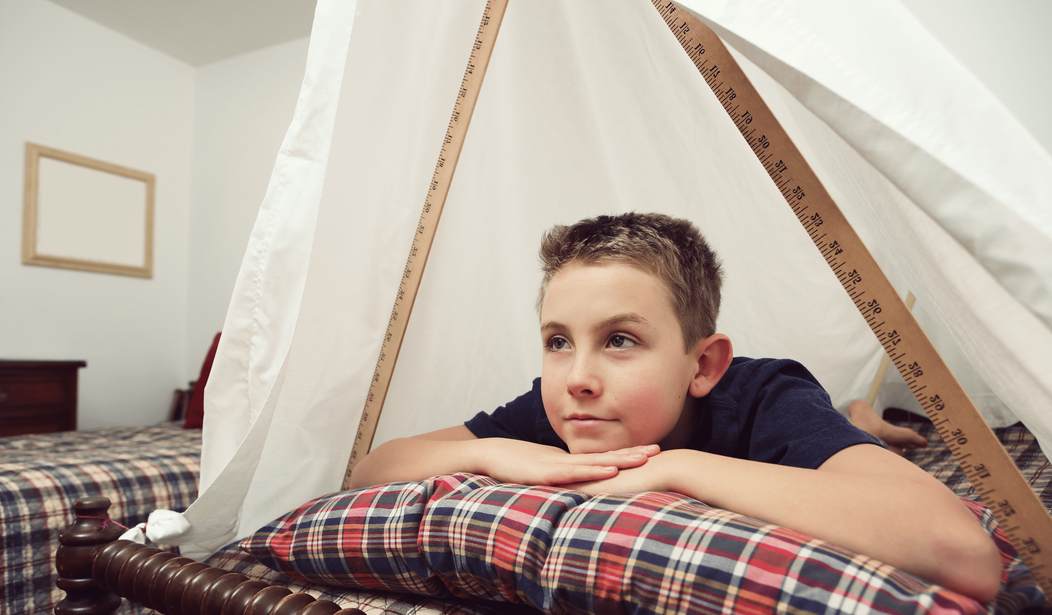A few hundred years ago, a Spaniard unknown to modern schoolchildren set out to find an alternate route to the East Indies. He discovered the New World and progressed no further, but had the right idea. If you travel far enough west, you eventually end up east.
A similar circumnavigation has taken place in our conception of personalized environments. College kids nowadays like to talk about “safe space,” places where they can marinate in an environment of their choosing without distraction or challenge, where they can feel free to be themselves without having their identity and beliefs questioned.
We used to call that property.
Christian Mingle, a dating website marketed to followers of Jesus Christ, was recently told by a judge in a civil suit that they must accommodate homosexual customers despite the fact that homosexuality runs contrary to Christian doctrine. What is Christian Mingle if not a safe space for Christians to associate? Don’t they have a right to be themselves without having their identity or beliefs questioned? Of course, the Christian Mingle safe space was defined by property rights, and therefore invalid in modern American jurisprudence.
One wonders if today’s college students can see the irony. On the one hand, they seek places where they can let their proverbial hair down, associate with whom they choose, and deny access to everyone else. On the other hand, they actively oppose the concept of property, which provides all of those benefits.
Conceptually, we’ve sailed so far west that we’ve found ourselves east. The trip could’ve been a lot shorter if we just upheld property rights and left it at that.









Join the conversation as a VIP Member